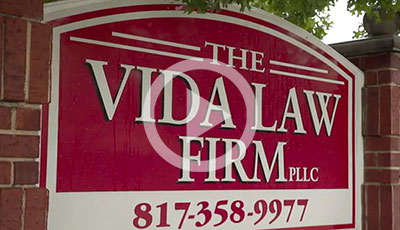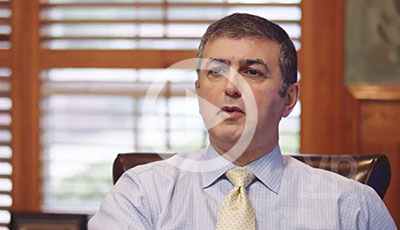Chapter 13 Bankruptcy FAQs
Q: Do I qualify for Chapter 13 bankruptcy?
A: You probably qualify for Chapter 13 relief if your unsecured debts are less than $336,900 and your secured debts are less than $1,010,650. These statutory limits change periodically, and it may be a good idea to consult with an experienced bankruptcy attorney regarding your eligibility; if your debts exceed these limits, you may wish to file a Chapter 11 reorganization bankruptcy instead.
Q: Under Chapter 13, can I keep my house if I am behind on mortgage payments?
A: While each case is unique, you can usually keep your house even if you file under Chapter 13. Filing a bankruptcy petition ceases foreclosure proceedings, and through the repayment plan, we can help you reach a more manageable payment schedule for your mortgage payments. To be able to keep your house, however, you must make these payments on time.
Q: How does declaring Chapter 13 affect my credit?
A: The fact that you have declared bankruptcy will remain on your credit report for seven years. While this will not necessarily prevent you from being able to obtain new credit, potential creditors will take it into consideration. Additionally, while you are in Chapter 13, you must obtain approval from the court before you incur new debt.
Q: How does filing for Chapter 13 affect my tax debt?
A: Chapter 13 can be an effective solution for people with significant income tax debt. In fact, debts meeting the following criteria will be discharged:
- The debt must be from a tax return whose due date was at least three years before the bankruptcy filing
- You must have filed the tax return at least two years before the bankruptcy filing
- The taxes were not assessed within the 240 days before the filing
- You are not guilty of tax evasion and have not committed any fraud or misrepresentation
Instead of being discharged, debts that fail to meet these criteria become priority taxes, and will be included in your repayment plan. These rules governing the tax implications of declaring Chapter 13 can be complex and intimidating, and an experienced bankruptcy attorney can advise you on your rights, obligations, and any other exemptions that may apply.
Q: Will I have to give up my credit cards?
A: Every Chapter 13 repayment plan is unique and custom-tailored to the debtor’s specific circumstances. While declaring bankruptcy will temporarily stop collections activity, whether or not you can keep your credit cards will depend upon the nature of your repayment plan; our attorneys will negotiate to help you obtain the best possible arrangement with your creditors.
To learn more about Chapter 13 bankruptcy, contact The Vida Law Firm, PLLC today.


